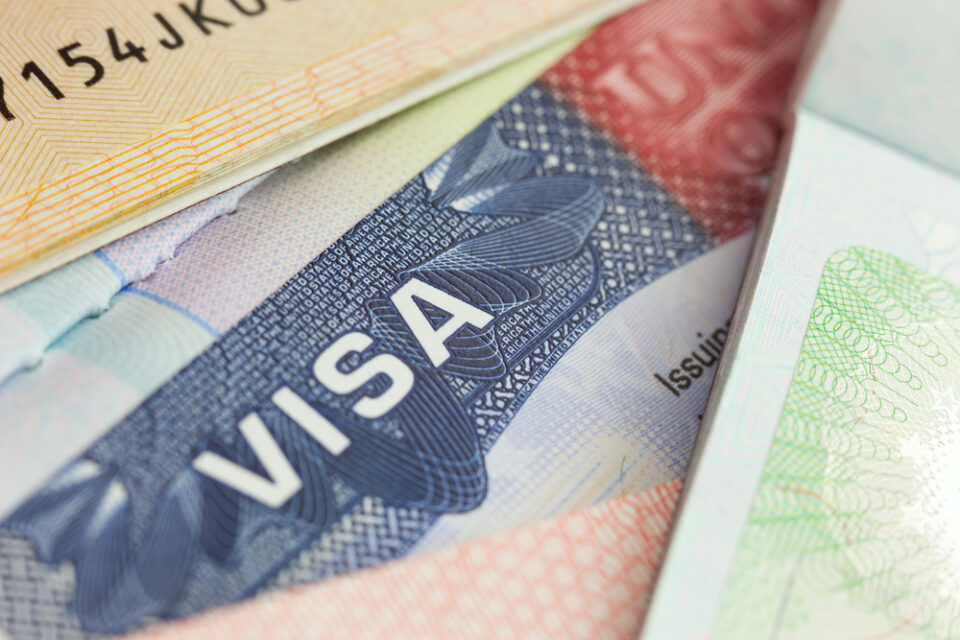More than 300 Koreans working under non-employment visas at the Hyundai Motor–LG Energy Solution joint battery-plant construction site in Georgia were arrested. Critics said the incident stemmed from the Korean government’s lax handling of visa policy and the U.S. Congress’s lack of engagement. The arrests also renewed scrutiny of years of stalled Korean professional visa lobbying in Washington.
On September 6, 2025, Taeho Kim (People Power Party–Yangsan-eul, South Gyeongsang) said data from the Ministry of Foreign Affairs showed the government spent $5,528,000 from 2014 through 2025 lobbying for the creation of 15,000 E-4 professional visas under the Partner with Korea Act. The funds were paid through the Korean Embassy in Washington, D.C., which hired firms including Cornerstone, BGR Group, and Squire Patton Boggs. According to OpenSecrets, BGR Group and Cornerstone ranked 4th and 5th in U.S. lobbying revenues this year. Squire Patton Boggs, a global firm with over 1,400 attorneys, counts John Boehner, former Speaker of the House, as a senior strategic adviser. Despite years of work, Taeho Kim’s office noted the lobbying produced no clear outcome.
Congressional records show support for Korean-specific visa measures has steadily declined. In 2013, the 113th Congress considered a comprehensive immigration bill that included 10,500 E-5 visas for Koreans, backed by 209 lawmakers across both chambers. The Senate passed the measure, but the House of Representatives did not act before adjournment, and the bill expired. That same year, the Partner with Korea Act was introduced with 118 cosponsors, but numbers fell to 87 in the 114th Congress, 85 in the 115th, 57 in the 116th, 54 in the 117th, and 46 in the 118th. In the current 119th Congress, Young Kim (Republican–California’s 40th District) reintroduced the bill in July 2025, but it drew only two cosponsors.
Jongwon Lee, an attorney in Georgia, said immigration often ranks low on the U.S. Congress agenda. “Even though the Partner with Korea Act has been introduced every session, there has never been active discussion. It is doubtful whether it can pass in the current session,” he said.
Taeho Kim emphasized the policy’s importance: “A quota for Korean professional visas is essential for the smooth entry of Korean companies into the U.S. market and to ease the employment concerns of Korean students. The Korean government must develop a more systematic strategy.”
BY KYEONGJUN KIM [kim.kyeongjun1@koreadaily.com]

![SSA to scrutinize overseas travel of Social Security beneficiarie An illustrative image of Social Security beneficiaries traveling abroad. [ChatGPT-generated image]](https://www.koreadailyus.com/wp-content/uploads/2026/02/0202-social-security-100x70.jpg)


![Korean Canadian wins $11 million lottery jackpot Lee Tae-sung, a Korean Canadian man living in Alberta, Canada, won 15 million Canadian dollars lottery jackpot prize. [Screenshot]](https://www.koreadailyus.com/wp-content/uploads/2026/02/0202-rottery-100x70.jpg)